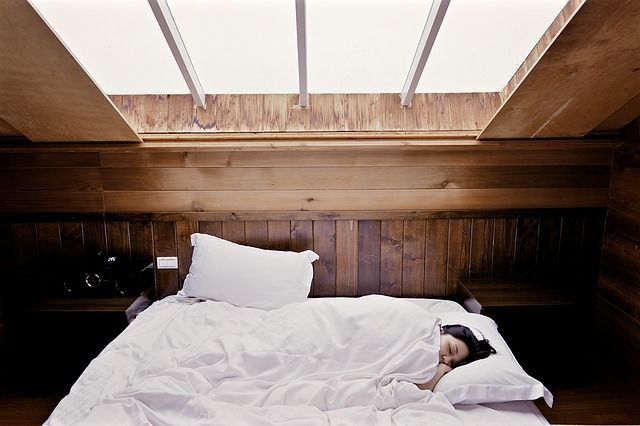How Men And Women Sleep: The Genders Have Different Body Clocks

Men and women don’t look, think, or act the same, so why would it make sense that we sleep the same? Or at least that’s what a recent study is proposing. According to the research, men and women have different body clocks that regulate how and when we sleep, and understanding these differences could result in better sleep for us all.
The study, now published online in the Proceedings of the National Academy of Sciences (PNAS), shows that the body clock affects sleep and alertness differently in men and women.
Women’s body clocks are shifted to a more easterly time zone, which causes them to fall asleep and wake up earlier than men. In addition, lead study author Dr. Diane Boivin suggested in a recent statement that these differences may account for why women are more prone to disturbed sleep than men. In addition, the results could suggest that women may be less suited for night work, due to their different biological clocks.
For the study, Boivin and her team compared the sleep and alertness of 15 men and 11 women, and the women were studied during two different phases of their menstrual cycle, as the cycle can affect sleep.
“Our participants did not exhibit any sleep problems during the study,” said Boivin. “Just the same, our results are helping us understand, among other things, why women are more likely than men to wake up earlier in the morning and feel tired after a night’s sleep. As well, women are less alert at night than men.”
According to the Centers for Disease Control and Prevention, about a quarter of the U.S. population is not getting enough sleep and nearly 10 percent experience chronic insomnia. Sleeplessness could lead to further health problems such as diabetes, cardiovascular disease, obesity, and depression.
The research suggests that understanding why men and women sleep differently could lead to more effective treatments for sleep disorders among both genders.
Source: Boivin DB, Shechter A, Boudreau P, et al. Diurnal and circadian variation of sleep and alertness in men vs. naturally cycling women. PNAS . 2016
Read More:
How Much Sleep Do We Need To Stay Healthy? Read Here
Sleep Patterns Around The World: Sleep Cycle App Measures When We're Sleeping Best: Read Here



























